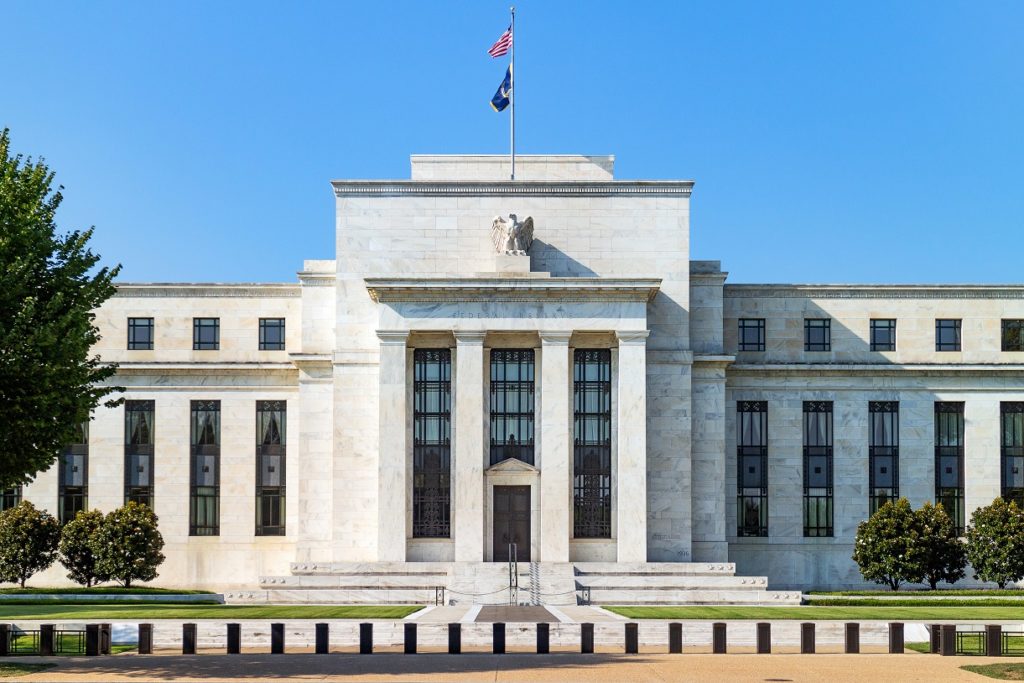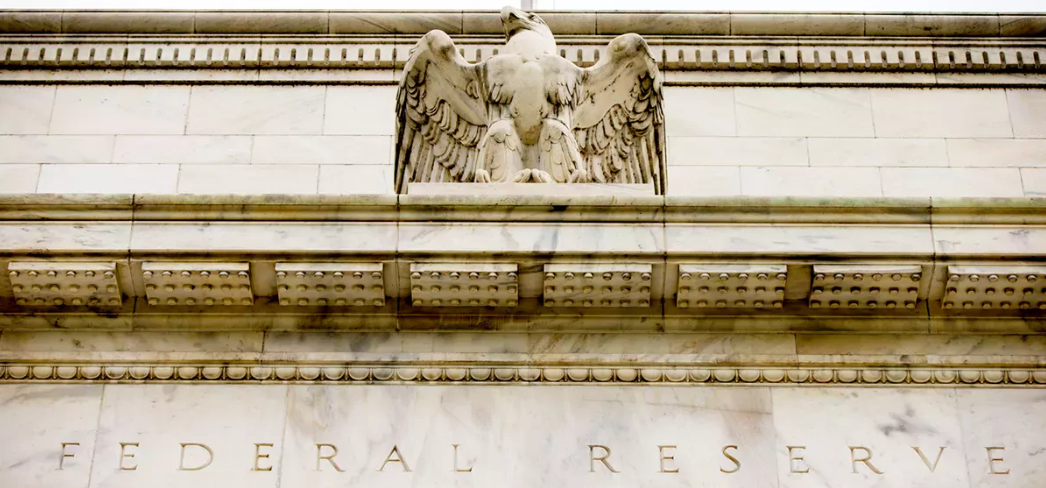
François Christen
Chief Economist
The rapid and large rate cuts priced in by Fed funds rate futures appear unlikely.
Original article published in French on agefi.com

The eagerly-awaited inflation figures published last week in the USA received a muted reception, even though annual inflation accelerated to 3.4% in December. Excluding energy and food, “core” inflation continued its slow decline, rising by 0.3% month-on-month and 3.9% year-on-year (4.0% previously). The persistence of inflation is mainly due to the rise in service prices, while the increase in goods prices is below the 2% target. Upstream, producer prices fell by 0.1% in December, giving an annual rise of 1.0%.
Although the decline in inflation looks set to continue, the rapid and aggressive turnaround anticipated by Wall Street is poorly supported by recent macroeconomic news, which argues for a later, more gradual change of course, in line with the projections unveiled by the FOMC in December. However, CME futures on the Fed funds rate continue to point to an initial rate cut on 20 March, followed by a cycle taking the key rate to between 3.5% and 3.75% at the end of the year. In other words, the futures forecast a cumulative interest rate cut of 1.75%, or 1% more than the FOMC’s median projection.
The discrepancy between the radical ‘pivot’ fantasized by Wall Street and the gradual normalization outlined by the Federal Reserve implies considerable risks of disappointment. A rapid and massive rate cut seems inconceivable without the emergence of convincing signs that the US economy is slipping into recession. However, such a scenario is unlikely in the short term, even though growth slowed in the fourth quarter. The bond market is therefore not immune to a correction after the epic rebound in November and December 2023.
However, the dollar yield curve resumed its downward slide last week. The yield on the 10-year T-Note fell by around ten basis points to 3.95%. The decline was even more pronounced on short and intermediate maturities. This fall can be partly explained by the friendly tone adopted by central bankers since the start of the year. While the “hawk” Bullard has jumped ship, his former colleagues on the FOMC have not completely closed the door on a reduction in the Fed Funds rate. What’s more, the central bankers have begun a process of deliberation that should soon lead to a tapering of the quantitative tightening started in 2022.
In the absence of any major news, the European markets disassociated themselves from the dollar capital market. The yield on the 10-year German Bund even recovered slightly to around 2.2%, despite the proven weakness of the eurozone’s leading economy, which has seen its GDP contract by 0.3% in 2023. Yields in sterling and Swiss francs were also flat.










